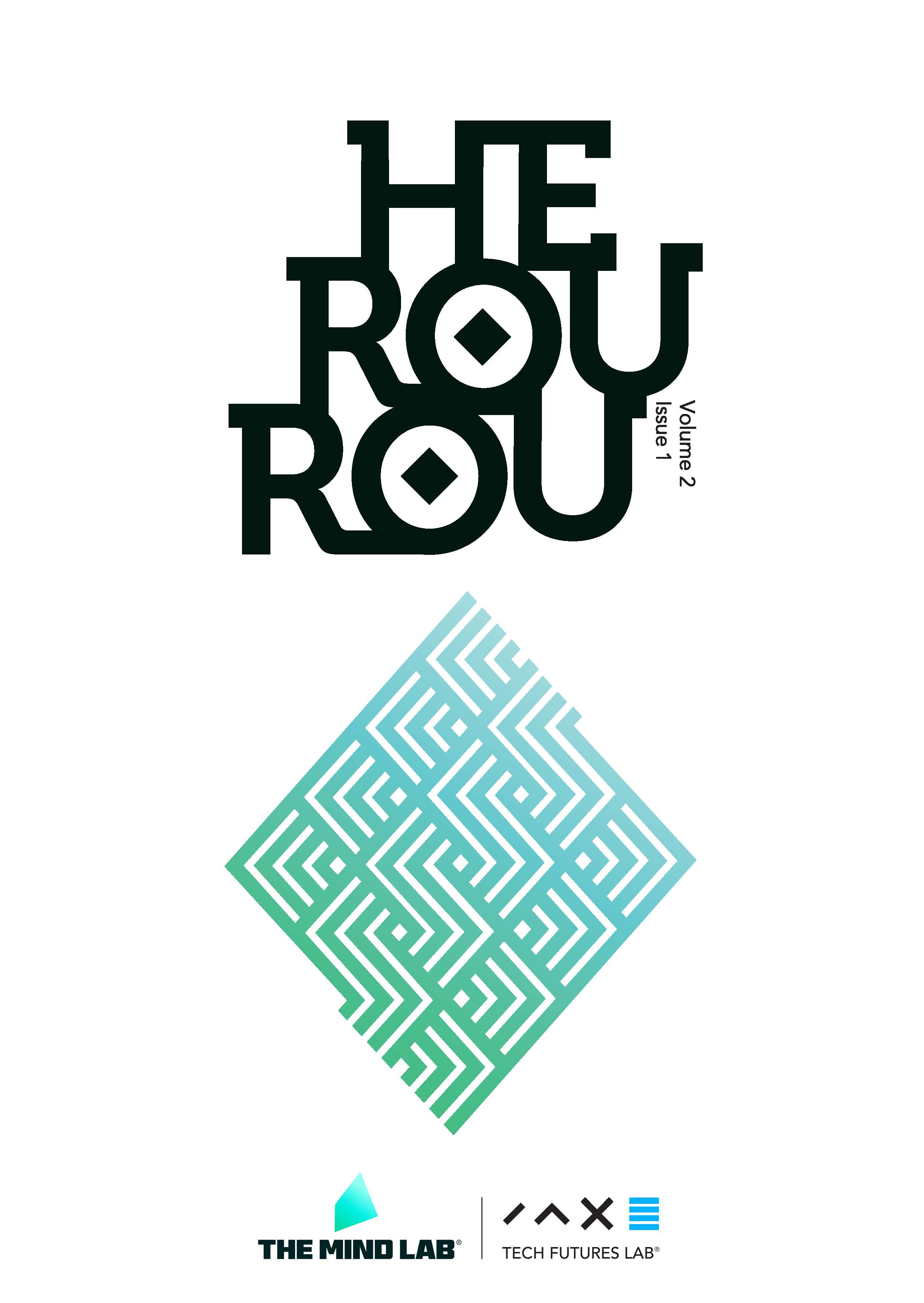Loneliness in Aotearoa
DOI:
https://doi.org/10.54474/herourou.v2i1.7149Keywords:
Lonliness, Documentary, Well-BeingAbstract
Loneliness is a severe problem in New Zealand and most prevalent among the young, namely Generation Z. In March 2020, New Zealand went into lockdown due to Covid-19, and there was a spike in young people indicating loneliness as an issue. This age group experienced feeling the loneliest.
The experience of loneliness is subjective for all individuals; however, feeling lonely relates to broader and shared social, economic, political, and environmental issues. As we have recently become regular social media users and have more screen time, disconnection and lack of deep human relationships and social connections are becoming serious issues for young people.
It is widely reported that loneliness, social isolation, and living alone have increased the risk of heart disease, stroke, and dementia, leading to depression and death. Promoting social connection is imperative for people and our community’s well-being and health.
This research used documentary as a methodology to explore the thoughts and perceptions of people involved in understanding loneliness to help provide viewers with a deeper understanding, raise social awareness for people experiencing loneliness, and reduce the impact of being lonely.
The ‘Loneliness in Aotearoa’ documentary indicates that New Zealand’s young people are currently suggesting that they are more lonely than other generations, and collectively there is a need to take action to minimise loneliness.
In the UK, Tracey Crouch, appointed the first Minister of Loneliness in 2018, stated, “Nobody should feel alone or be left with no one to turn to. Loneliness is a serious issue that affects people of all ages and backgrounds, and it is right that we tackle it head-on.”
In New Zealand, we have not appointed a Minister of Loneliness yet. There is the; question do we need one?
Downloads
Published
How to Cite
License
Copyright (c) 2022 He Rourou

This work is licensed under a Creative Commons Attribution-NonCommercial-ShareAlike 4.0 International License.





